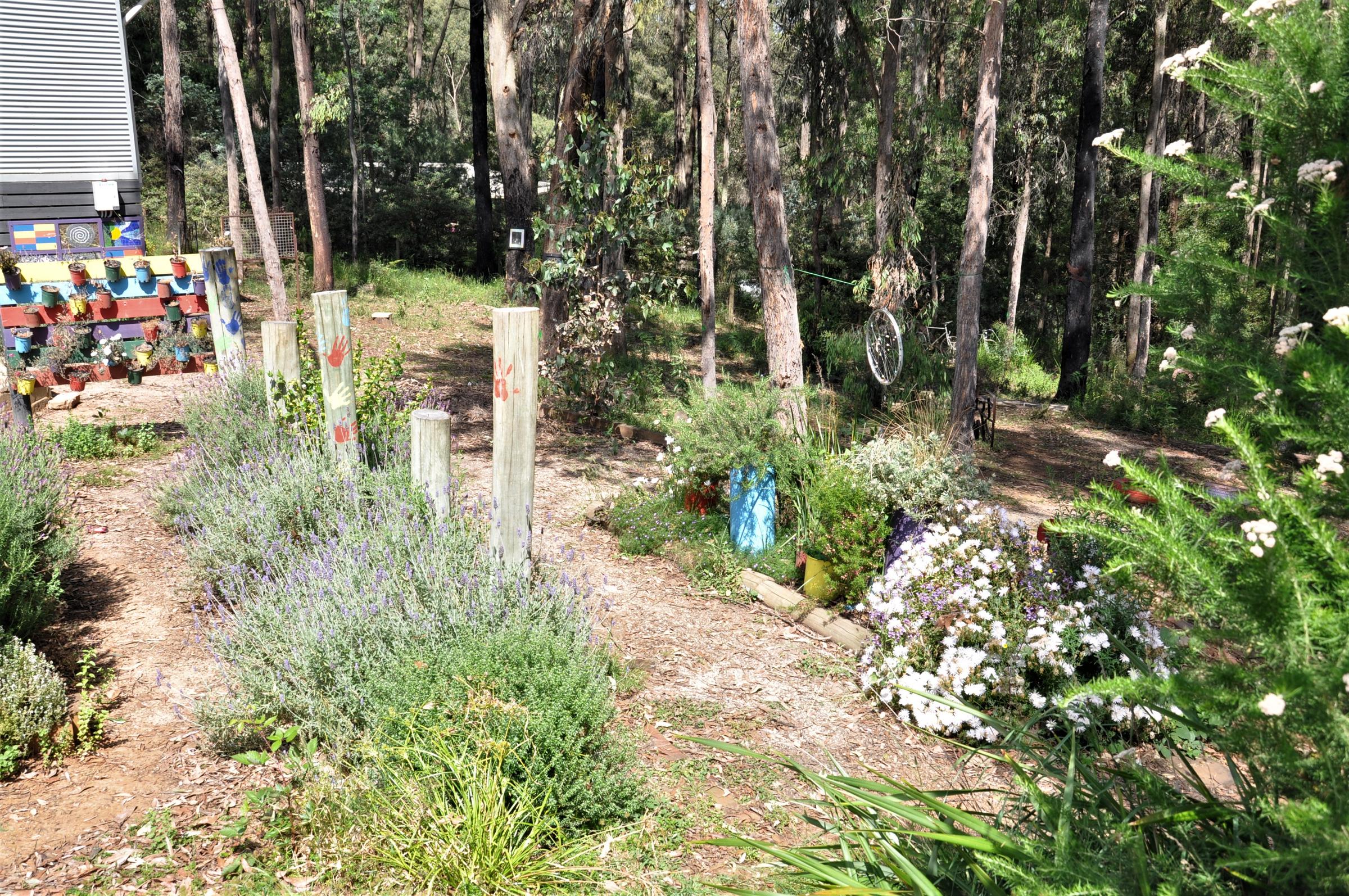Disability Inclusion

The Disability Inclusion team aims to create a safe and inclusive school environment for students with disabilities and additional needs. Our open and consultative approach assists us to advocate for your child and ensure that their needs are met and that they have access to high quality education
Emerald Secondary College is committed to embedding inclusive education for students with disability and additional needs. It is our belief that an inclusive education system enables all students to be welcomed, accepted and engaged so that they can participate, achieve and thrive in school life.
Our team manages Disability Inclusion funding applications and are integral to delivering positive outcomes for our Tier 2 and Tier 3 funded students.
Under the Disability Discrimination Act 1992 (DDA) and the Disability Standards for Education 2005 (the Standards), Australian students with disability must be able to access and participate in education on the same basis as their peers. To ensure this, students with disability may receive adjustments to access education, based on the professional judgement of teachers, in consultation with the student and/or their parents, guardians or carers.
The Nationally Consistent Collection of Data on School Students with Disability (NCCD) gives Australian schools, parents, guardians and carers, education authorities and the community information about the number of students with disability in schools and the adjustments they receive. The Australian Education Regulation 2013 requires all schools to report the data collected for the NCCD to the Australian Government on an annual basis.
Purpose of the NCCD.
The NCCD collects data about school students with disability who are receiving adjustments across Australia in a consistent, reliable and systematic way. It enables schools, education authorities and governments to better understand the needs of students with disability and how they can be best supported at school.
From 2018, the student with disability loading provided by the Australian Government is based on the NCCD; schools will continue to manage their total resources to meet the learning needs of their students.
Use of data.
Data from the NCCD is used:
- as an evidence base, to give teachers, schools and sectors information about students with disability and the level of educational adjustment being provided
- to inform policy development and future planning to better equip schools and education authorities to support students with disability
- to improve understanding of the requirements and responsibilities of school teams and the broader community under the DDA and the Standards
- to capture the work of schools under the obligations of the DDA and the Standards, allowing students with disability to access and participate in education on the same basis as other students
- to highlight the individual needs of each student with disability by focusing on the level of educational support provided to them at school.
High level, de-identified information from the NCCD is used in national reporting to inform policy and program planning to support students with disability.
Student information provided to the Australian Government Department of Education and Training for the NCCD does not explicitly identify individual students. For example, student names or student identifiers are not provided
How does the NCCD assist schools?
The NCCD prompts schools to identify students with disability and to review their processes and practices. It records the adjustments already undertaken in schools to support students with disability to access and participate in education on the same basis as their peers.
- Reviewing learning and support systems: The NCCD allows schools to better understand the functional needs of their students with disability. It captures the work of schools in providing personalised learning and support for students with disability who require adjustments due to the functional impact of their disability.
- Providing greater understanding: The NCCD helps schools gain a greater understanding of their students with disability and identify areas of need for both students and staff.
- Developing professional judgement: The professional learning available to support the NCCD process helps build the professional judgement of school teams who are required to provide educational adjustments for students with disability without relying on a medical or clinical diagnosis alone.
- Recognising support and adjustments provided: The NCCD helps to formally and consistently recognise the support and adjustments provided to students with disability as defined in the DDA.
July 4th – 11th – NAIDOC Week Theme: - Get Up! Stand Up! Show Up!
This year’s theme – Get up! Stand up! Show up! – encourages all of us to champion institutional, structural, collaborative, and cooperative change while celebrating those who have already driven and led change in Aboriginal and Torres Strait Islander communities over generations.
Events will be held around Australia during NAIDOC week to celebrate the history, culture, and achievements of Aboriginal and Torres Strait Islander peoples. NAIDOC is celebrated by people from all walks of life, Indigenous and Non‑Indigenous. The week is a great opportunity to participate in a range of activities and to support and amplify the voices of Aboriginal and Torres Strait Islander communities.
NAIDOC 2022 invites the nation to embrace First Nations’ cultural knowledge and understanding of Country as part of Australia's national heritage and equally respect the culture and values of Aboriginal peoples and Torres Strait Islanders as they do the cultures and values of all Australians.
This year’s theme also seeks substantive institutional, structural, and collaborative reform – something generations of Elders and communities have been advocating, marching and fighting for.
Healing Country means finally resolving many of the outstanding injustices. It is about hearing and actioning the aspirations of Aboriginal and Torres Strait Islander peoples which are the culmination of generations of consultation and discussions among our nations on a range of issues and grievances.
Rhys Holder - Disability Inclusion Leader